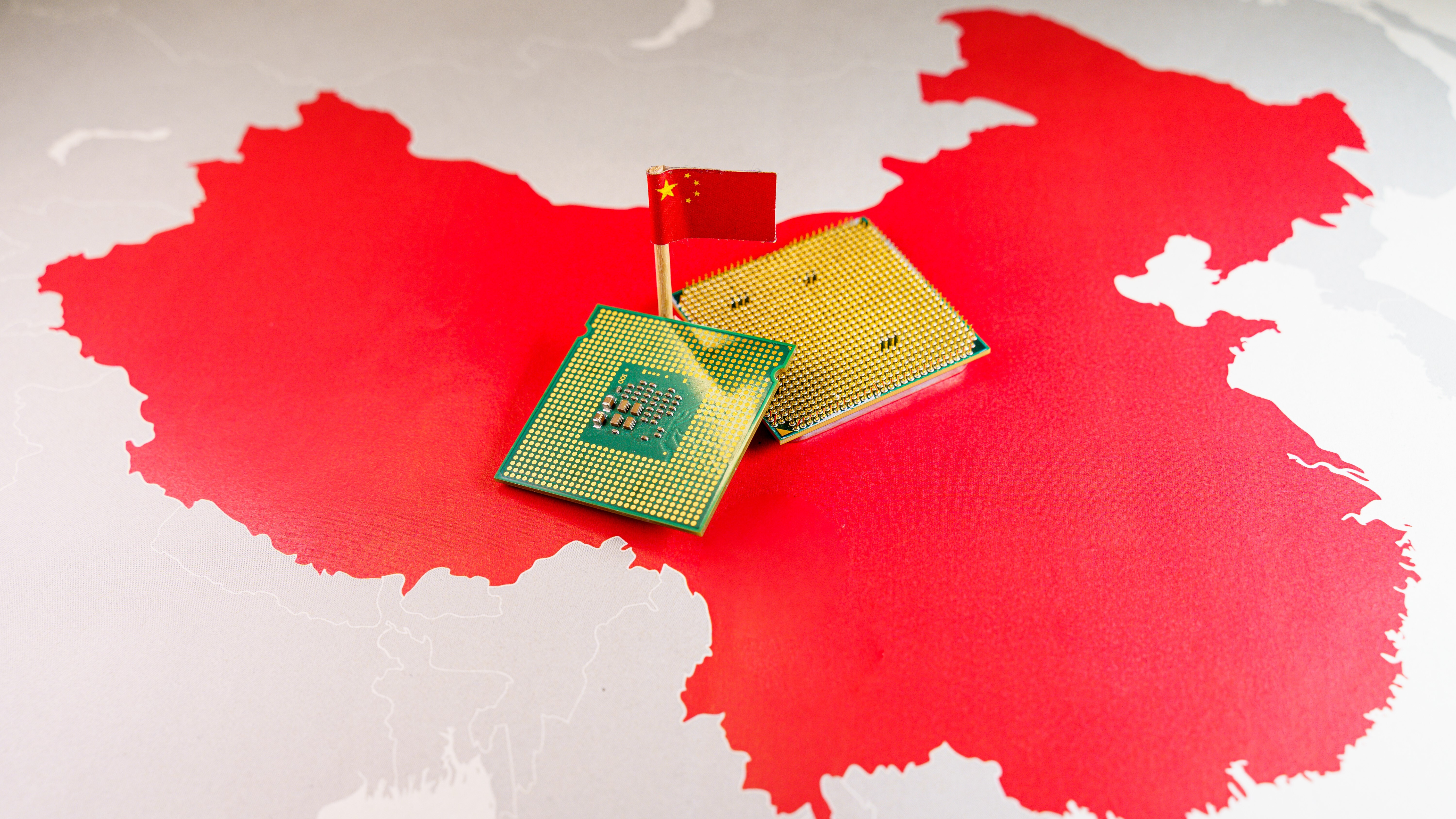US chip toolmakers skip Semicon China conference they sponsored amid ongoing trade war
U.S.-China tensions chill chip conference.

Most U.S. semiconductor toolmakers and other major firms skipped the Semicon China 2024 conference, including those that sponsored the event, according to the South China Morning Post. As the U.S. and China are in the middle of a trade war over technology, U.S.-based firms allegedly reduced their presence at Semicon China out of concerns that it might disturb the U.S. government. The conference is now mainly in the hands of domestic Chinese companies and a small contingent of Japanese firms.
Semicon China is one of the largest semiconductor-focused conferences in China and the world, featuring about 1,100 companies this year. However, given the chip war between China and the U.S., its rival on the other side of the Pacific, it was inevitable that things would be different this year. Despite being sponsors, toolmakers like Lam Research and Applied Materials did not have an exhibit. Memory manufacturer Micron also had no presence even though it was a sponsor. KLA was the only U.S. semiconductor tool firm that both sponsored and actually attended the conference.
Among non-sponsors, ASML was notably absent. The Dutch company, which makes the crucial EUV machines practically required for cutting-edge nodes, attended Semicon China 2023 but was nowhere to be found this year. While ASML is based in the Netherlands, the Biden administration has heavily pressured its European allies to follow American policy on China.
The South China Morning Post spoke to an employee of Unicorn, a distribution partner of KLA, and was told that the absence of U.S. sponsors at Semicon China was due to fears about what the U.S. government would think. The logic doesn't seem far-fetched, considering the U.S. has tried to ban U.S. tools from ending up in China, and other countries have joined in, such as ASML's home country of the Netherlands.
Despite these sanctions, 2023 saw China import a record amount of semiconductor manufacturing tools. In that light, many U.S. firms seemed to have thought that being at a China-based conference would have reflected poorly on them, given how sensitive the topic is for Washington. The U.S. government probably wants to reduce the presence of U.S. companies at the conference, though these moves could backfire if it forces China to become self-reliant on making its own tools. This is already happening, with AMEC replacing U.S. tools with domestic ones at a rapid rate.
Get Tom's Hardware's best news and in-depth reviews, straight to your inbox.

Matthew Connatser is a freelancing writer for Tom's Hardware US. He writes articles about CPUs, GPUs, SSDs, and computers in general.
-
Pierce2623 It’s not a “backfire” when high quality western tools have to be replaced with low quality Chinese equivalents that have less capabilities.Reply